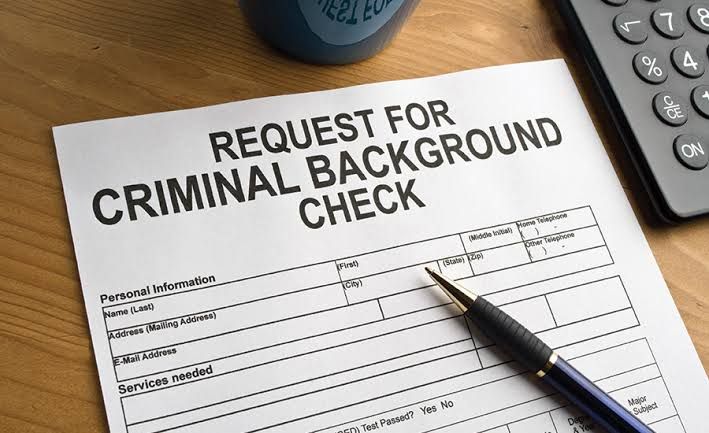.
Canada entry security check
According to Canadian law, a misdemeanor criminal record is a history of crimes in Canada or outside of Canada, provided that the crime has an equivalent in Canada. In other words, if someone is found guilty outside of Canada for an issue, but that issue is not considered a crime in Canada, then a bad criminal record does not prohibit a person from entering Canada.
Article 36 of the Canadian Immigration Law divides bad criminal history into two general categories:
Serious Criminality
A serious criminal record can be defined in one of the following two ways, depending on whether it is inside or outside of Canada.
Outside of Canada: If the misdemeanor is outside of Canada, then it is considered “serious” only if the maximum term of imprisonment under Canadian law is 10 years. It doesn’t matter how long the person has been incarcerated outside of Canada.
Inside Canada: If the misdemeanor is inside Canada, it is considered a serious crime in two cases. First, the maximum prison term provided in the law is at least 10 years, and second, the person is sentenced to more than six months in prison. Any of these two situations will be considered a “serious” crime.
Light criminal record (Criminality)
In general, crimes according to Canadian laws can be divided into three categories:
Indictable crime: This category of crimes usually leads to prison and the prison time in the law is usually more than six months.
Summary crime (light): These crimes are lighter and usually (but not always) carry a maximum jail time of six months or less.
Hybrid crime: These crimes are cases where the law allows the prosecutor or judge to choose between Indictable or Summary. Most crimes in Canada are hybrid. Unfortunately, according to Canadian immigration law, compound crimes are always prosecuted.
In general, if someone has only one criminal record that is considered indictable in Canadian law and is not a serious crime, then that person has a normal criminal record. Another case is that the applicant has two or more summary criminal records. It is emphasized again that what is important is the equivalent of that offense under Canadian law.
If the crime happened inside Canada, the only way to fix the problem is to obtain a document called Record Suspension. This document means that Justice Canada agrees to remove the applicant’s name from the Canadian Police Criminal List.
If the offense occurred outside of Canada, then under certain circumstances the entry ban may be automatically lifted. This state is called Deemed Rehabilitation. Briefly and generally, a person may be considered a Deemed Rehabilitated under the following conditions:
The applicant does not have a criminal record in Canada. Outside of Canada, he has only one normal criminal record, which is Indictable, but more than 10 years have passed since he paid all his financial fines and completed his prison term.
The applicant does not have a criminal record in Canada. He has several normal criminal records outside of Canada, all of which are Summary, but more than 5 years have passed since he paid all his financial fines and served his prison term.
If none of the above cases apply to the applicant, then he must apply for rehabilitation, provided that at least five years have passed since the completion of all crimes and the completion of his prison term.
If less than five years have passed since the completion of the crimes and imprisonment, the only option left for the applicant is the Temporary Resident Permit or TRP.
